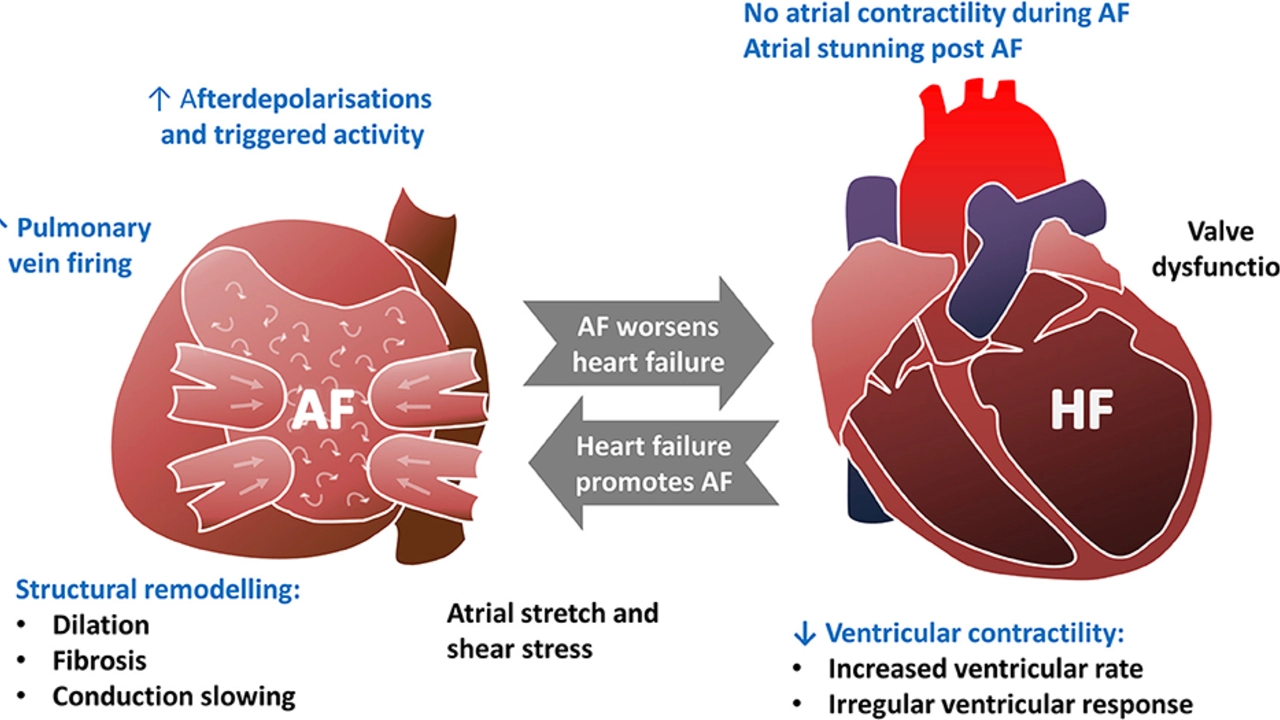Effectiveness: How to Tell if a Medication or Treatment Actually Works
Want to know whether a drug will help you—or just sounds convincing on paper? Effectiveness is about real results: fewer symptoms, improved quality of life, and acceptable side effects. Here I’ll give practical clues you can use right away when reading reviews, studies, or our PharmacyRxWorld articles.
Quick checklist to judge effectiveness
Start with these simple checks before you trust a claim. Did the study measure outcomes that matter to patients (less pain, fewer attacks, clearer skin)? Was it a randomized trial or just anecdote? How many people were in the study—dozens or thousands? Large, randomized trials usually give stronger evidence than small case reports. Also ask: how long did benefits last? Short-term relief isn’t the same as long-term control.
Look for real-world signals too: user reviews, repeated findings across studies, and clinical guidelines. For example, our Soolantra article explains why ivermectin cream helps many people with rosacea—it targets skin mites that cause inflammation, and users often report visible improvement in weeks. That’s consistent with biologic reasoning plus patient experience, which boosts confidence in effectiveness.
Factors that change how well a drug works
Effectiveness isn’t just the drug. It depends on dose, how you take it, other medicines you use, and individual differences. Missing doses, wrong timing, or drug interactions can cut effectiveness. For asthma inhalers like Symbicort, technique matters—poor inhaler use often looks like the medicine failed when the real issue is delivery. Our Symbicort alternatives article talks about options if a particular inhaler isn’t working well.
Expect timelines: some meds act fast (nitroglycerin tablets can relieve chest pain within minutes); others need days or weeks (acid reflux drugs like Nexium may take several days for full effect). If a medication shows no improvement in the expected window, talk to your clinician—don’t assume it’s ineffective without checking dose, adherence, and interactions.
Cost and source affect outcomes too. Buying from unverified online pharmacies can mean delayed supply or counterfeit products, which reduces real-world effectiveness. Our reviews of online pharmacies (MapleLeafMeds, primedz.com, et al.) cover reliability and how supply issues can affect treatment success.
Finally, weigh side effects against benefits. A medicine that reduces symptoms but causes severe side effects may not be the best option. Look at absolute changes—how many fewer flare-ups per year?—not just relative percentages. Practical examples: switching asthma meds for better control, using lifestyle steps to reduce prednisone reliance, or choosing an effective topical for rosacea are all decisions based on balancing benefits, risks, and personal priorities.
Need help judging a specific treatment we’ve written about? Tell me which article or medication—I'll point out the most relevant evidence and what to watch for in your situation.
Atrial Fibrillation and Alternative Therapies: Are They Effective?
In my recent exploration of Atrial Fibrillation, a common heart disorder, I've delved into various alternative therapies and their effectiveness. Some of these non-mainstream treatments, like yoga, acupuncture, and herbal supplements, show promise in managing symptoms and improving quality of life. However, it's crucial to remember that they aren't replacements for traditional medical care. Research is ongoing, and while some findings are encouraging, the results are mixed. Always consult with a healthcare provider before starting any alternative therapies for Atrial Fibrillation.






